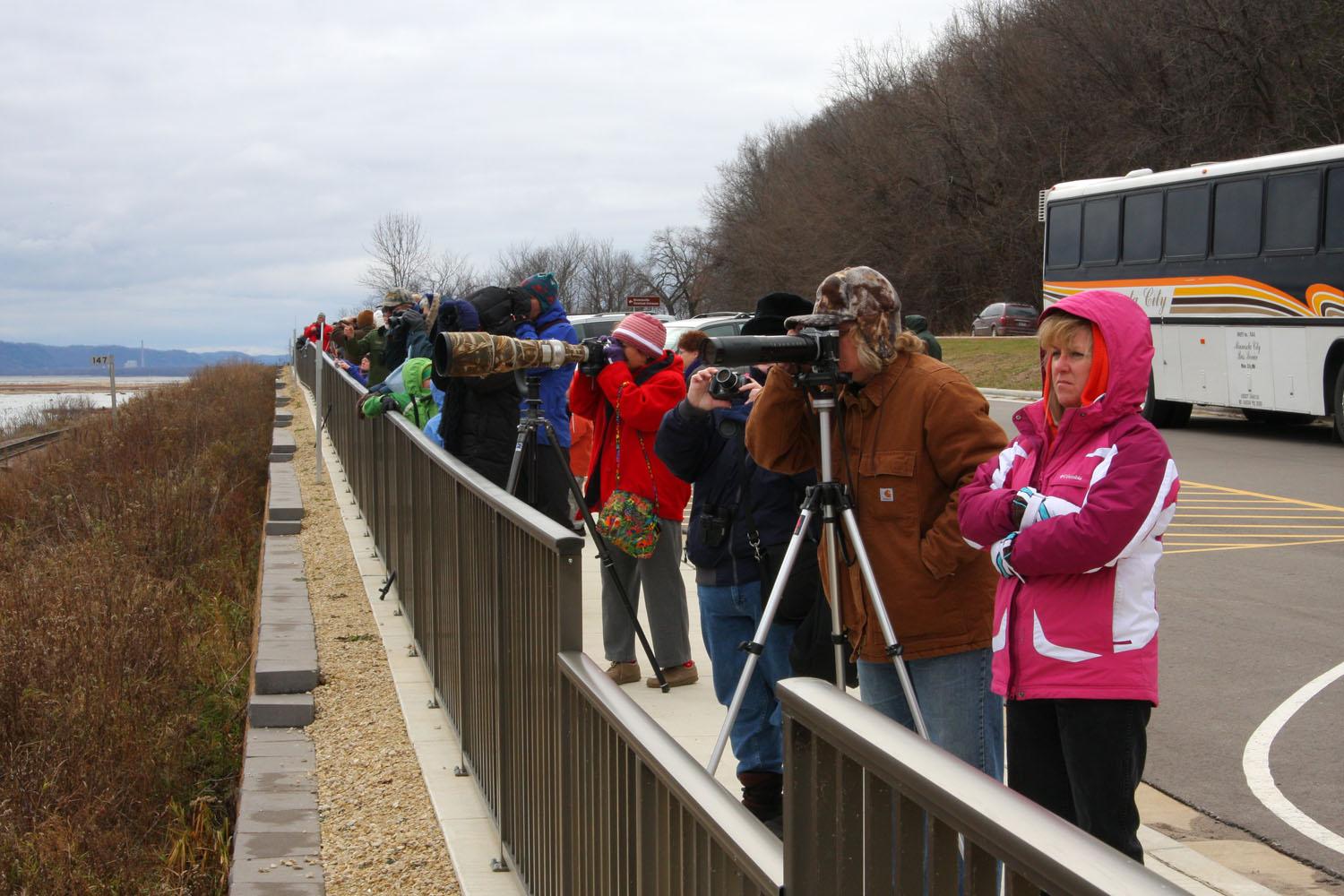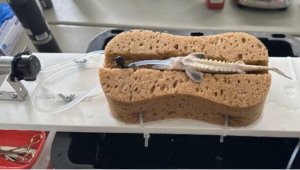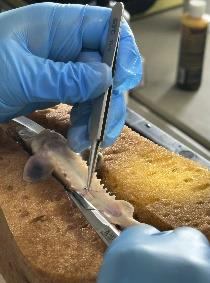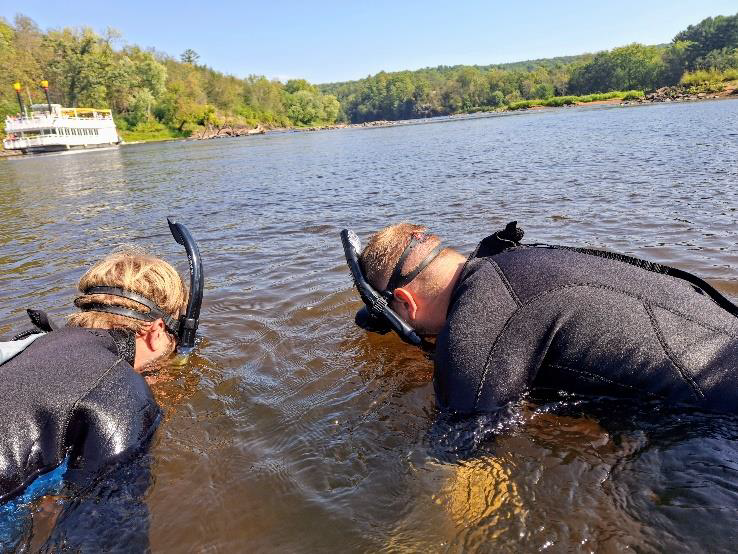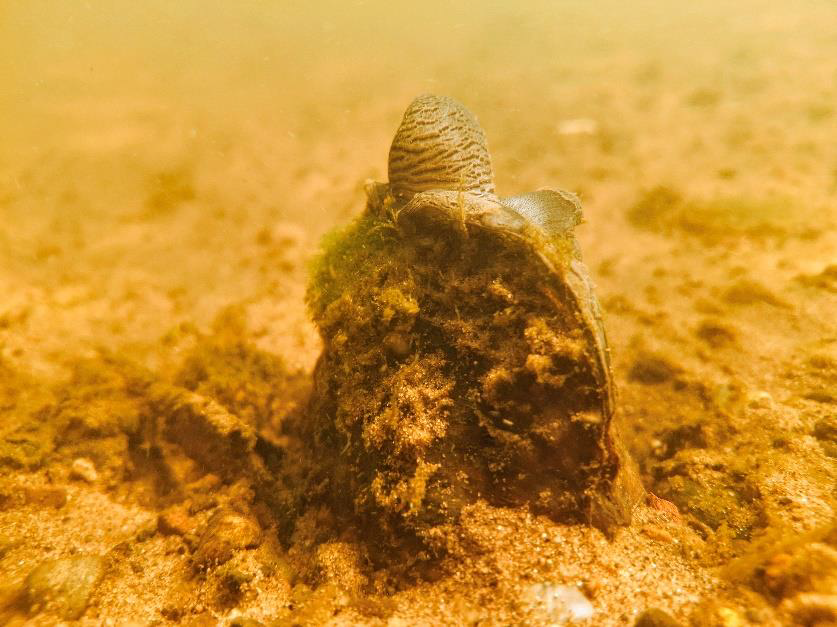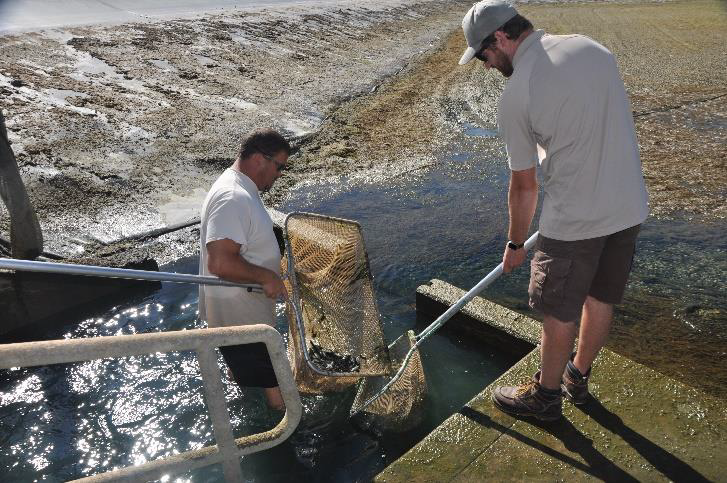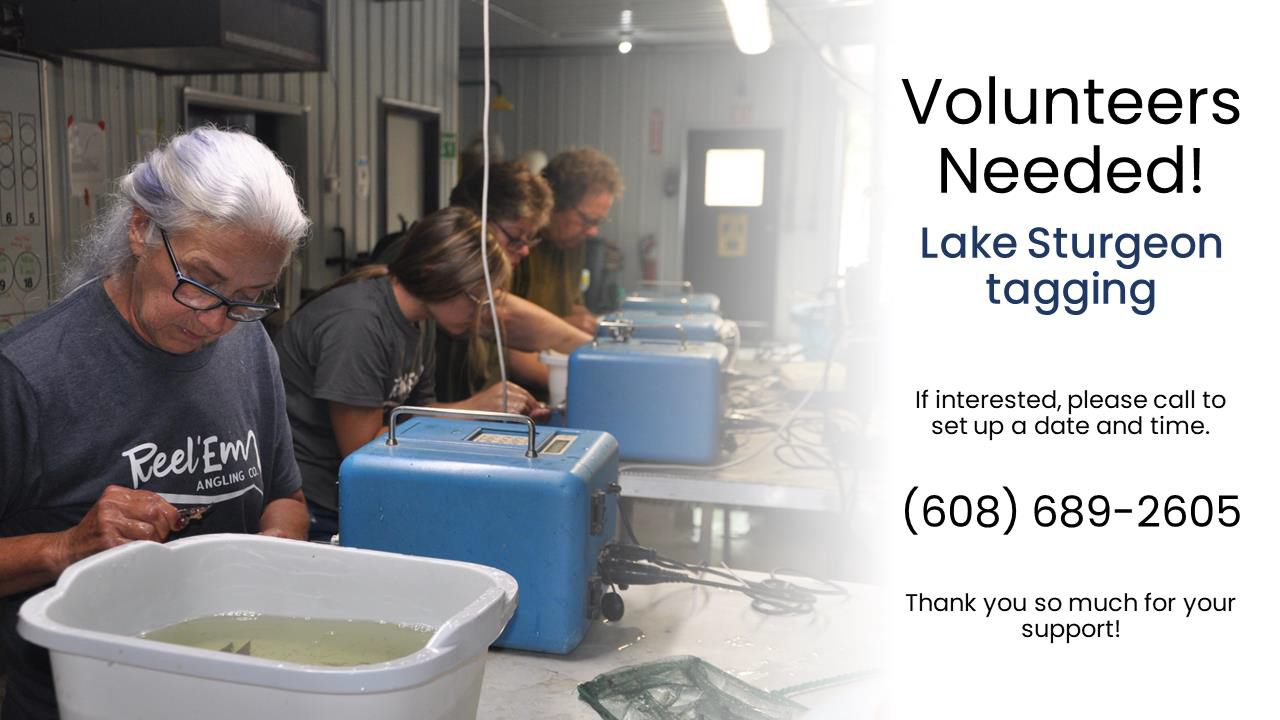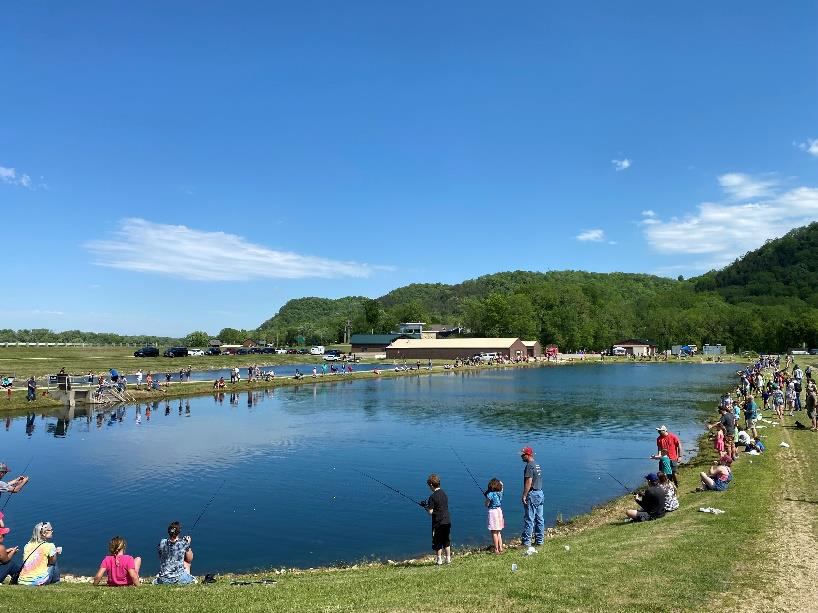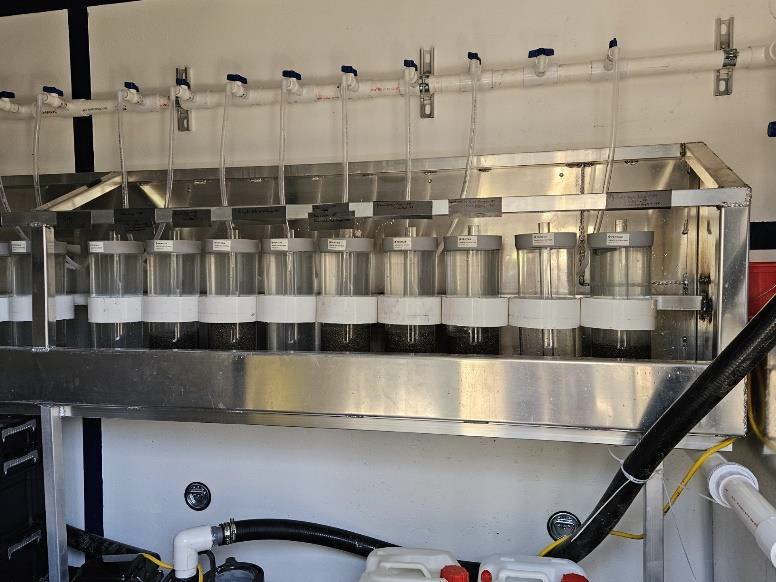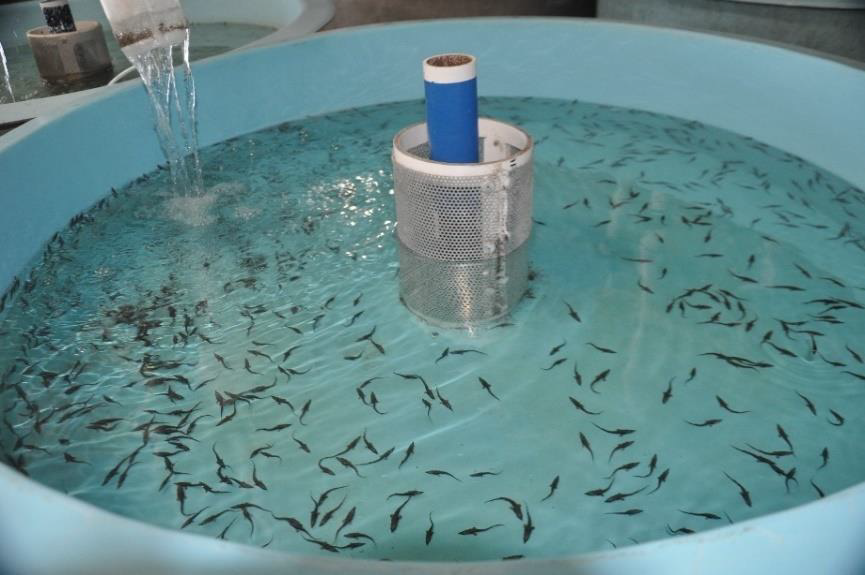
What another amazing experience for first time waterfowl hunters! The Wisconsin Department of Natural Resources, Wisconsin Waterfowl Association and the U.S. Fish and Wildlife Service partnered for a second year to put on a learn to hunt waterfowl event specifically for women. New this year we held virtual meetings before the hunt and participation grew by 6 hunters. During the classroom time we reinforced waterfowl identification, rules and regulations, gear and waterfowl hunting methods.
Participants were also able to practice estimating distances for “wing shooting” (shooting birds in flight). The day before hunting mentors and mentees went scouting on The Trempealeau National Wildlife Refuge, where the event was held, and identified an ideal spot to hunt for the following day. The next morning it was breathtaking to watch the marsh come to life! Following a successful morning of hunting participants learned how to field dress waterfowl, for many participants a first time hands on learning experience. Mentors were excited to have had another successful women by women waterfowl hunt this year and look forward to fostering this experience and partnership for years to come!
By: Erica Rasmussen

